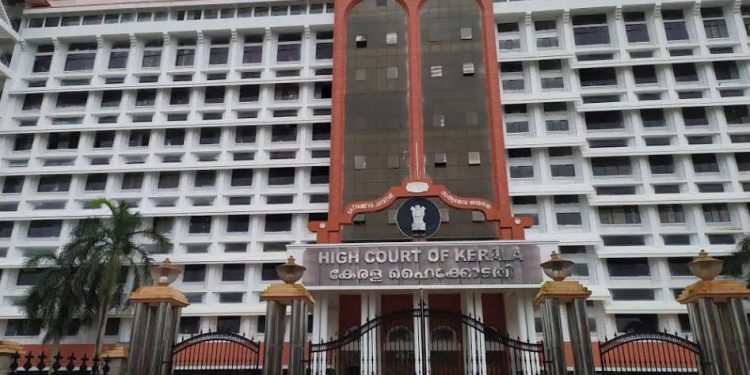
IN a big relief to the Enforcement Directorate (ED), the Kerala High Court Friday quashed two First Information Reports (FIRs) registered by the Kerala police against ED officials for allegedly coercing an accused in a gold smuggling case to implicate Chief Minister Pinarayi Vijayan.
A single-judge bench of Justice VG said since the Special Court had taken cognisance of the offences under the Prevention of Money Laundering Act (PMLA); thus, the remedy for the Kerala police was to approach the PMLA court.
Justice Arun held the offences mentioned in the two FIRs were barred by Section 195(1)(b)(i) Cr. PC.

Section 195 pertains to the prosecution for contempt of lawful authority of public servants, for offences against public justice and for offences relating to documents given in evidence.
The judge, however, allowed the Special Judge to look into the materials collected by the Crime Branch of the Kerala police, treating it as the information mentioned in Section 340(1) CrPC (provision as to affecting the administration of justice) so as to decide whether it is expedient to conduct an enquiry.
Last month, the crime branch wing of the Kerala police registered two cases against the officials of the central government agency. The cases were registered based on the statement of Swapna Suresh claiming that ED officials were forcing her to confess she had traveled to UAE with M Sivasankar, former Principal Secretary to the Chief Minister, also an accused in the case, for financial negotiations meant for the CM.
On March 27, another accused Sandeep Nair wrote a letter to a Special Court alleging that he was compelled by the ED to name the Chief Minister and certain others as accomplices to the crime.
News about the letter published in the visual media was noticed by
Advocate R.Sunil Kumar, a practicing lawyer. Believing that the alleged
deliberate attempt to drag the state’s Chief Minister and others into the crime should be investigated, the advocate sent a complaint
to the Additional Director General of Police (Crime Branch). This led to the registration of a second FIR for offences under Sections 116 (Abetment of offence punishable with imprisonment.—if offence be not committed. if abettor or person abetted be a public servant whose duty it is to prevent offence), 167 (Public servant framing an incorrect document with intent to cause injury.), 192 (Fabricating false evidence), 193( Punishment for false evidence.) and 195A (Threatening any person to give false evidence) of the Indian Penal Code (IPC).
Social media is bold.
Social media is young.
Social media raises questions.
Social media is not satisfied with an answer.
Social media looks at the big picture.
Social media is interested in every detail.
social media is curious.
Social media is free.
Social media is irreplaceable.
But never irrelevant.
Social media is you.
(With input from news agency language)
If you like this story, share it with a friend!
We are a non-profit organization. Help us financially to keep our journalism free from government and corporate pressure












0 Comments